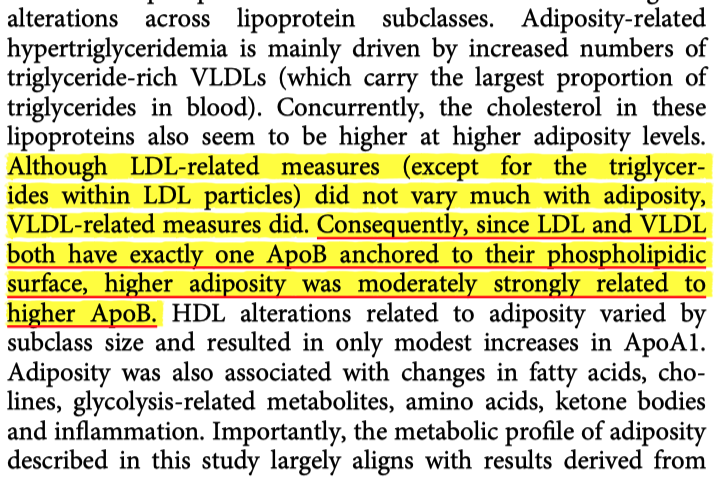
1/4 Back-of-the-envelope:
There are now 32 NHANES participants with lipids & mortality data who have lived to at least age 100 (age + followup > 100yr.), thus earning the designation of "centenarian"
What was mean avg #LDL-C for this group from their bloodwork 15-20yrs prior?
There are now 32 NHANES participants with lipids & mortality data who have lived to at least age 100 (age + followup > 100yr.), thus earning the designation of "centenarian"
What was mean avg #LDL-C for this group from their bloodwork 15-20yrs prior?
2/4 What was the mean average #HDL #Cholesterol (#HDL-C) for this group from their bloodwork 15-20yrs prior?
3/4 What was the mean average #Triglyceride (TG) levels for this group from their bloodwork 15-20yrs prior?
4/4 BONUS -- while not a complete set, there are 19 of these 32 who also had fasting insulin levels taken.
What was the mean average fasting insulin levels for this group from their bloodwork 15-20yrs prior?
(I know I'll have @BenBikmanPhD attention for this one 😂)
What was the mean average fasting insulin levels for this group from their bloodwork 15-20yrs prior?
(I know I'll have @BenBikmanPhD attention for this one 😂)
• • •
Missing some Tweet in this thread? You can try to
force a refresh







